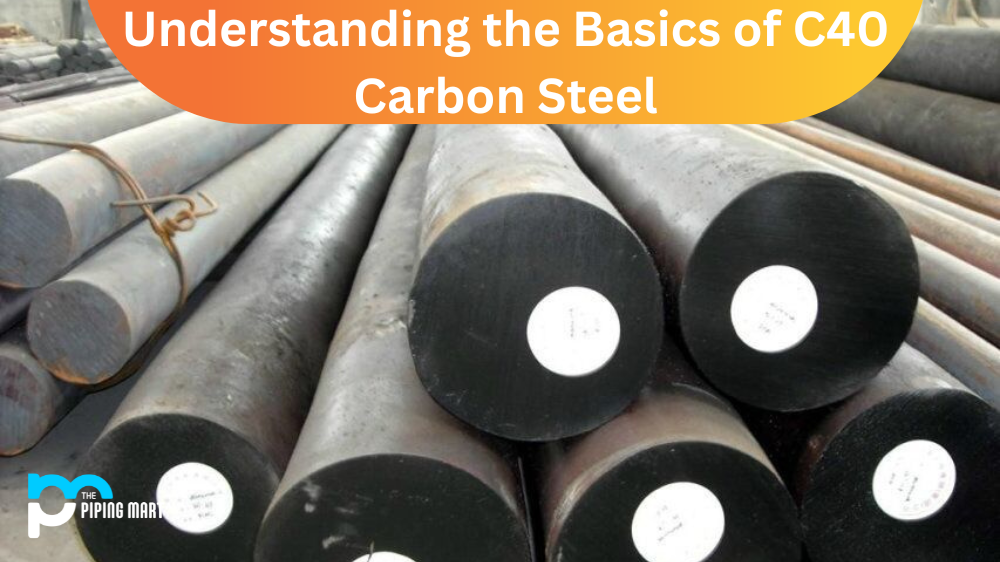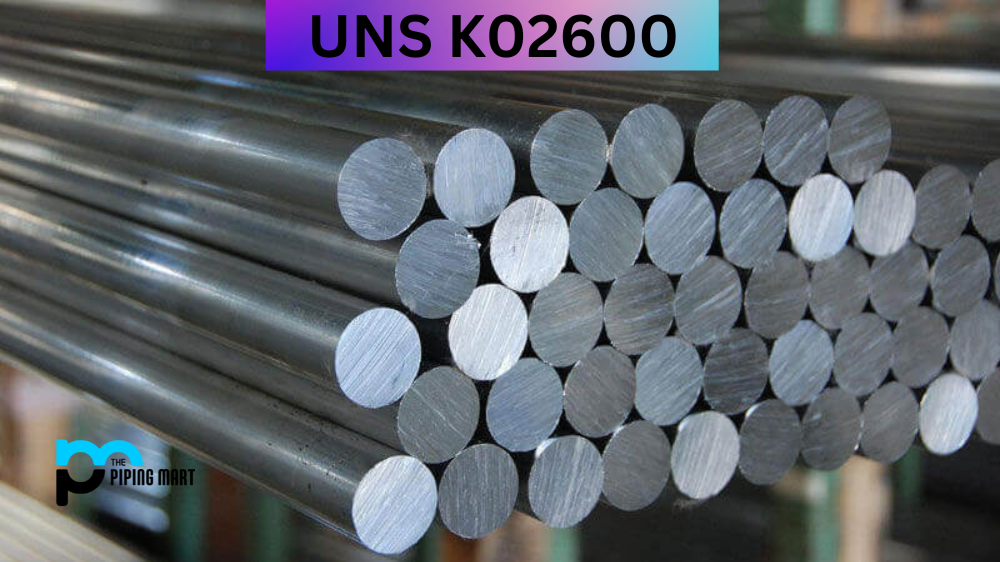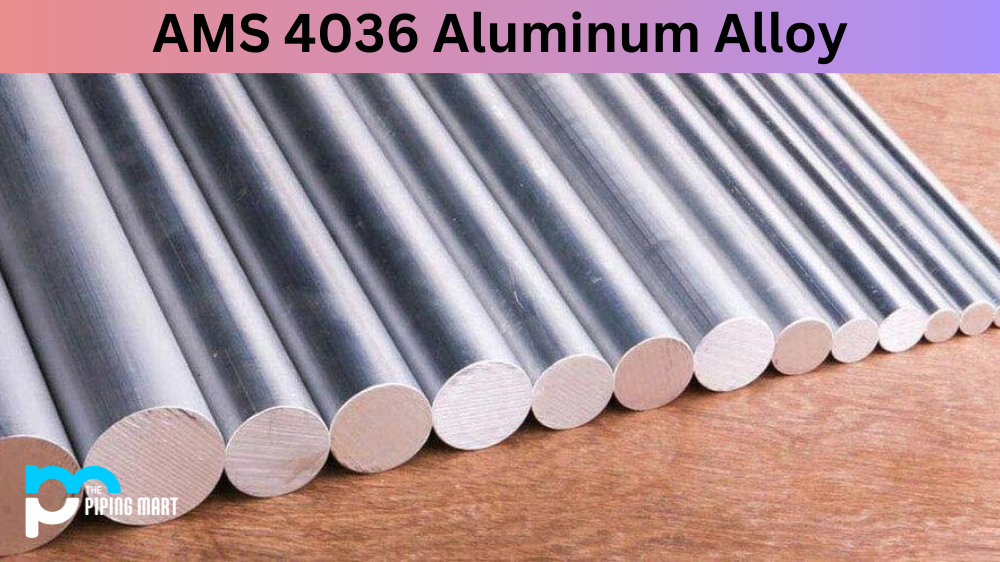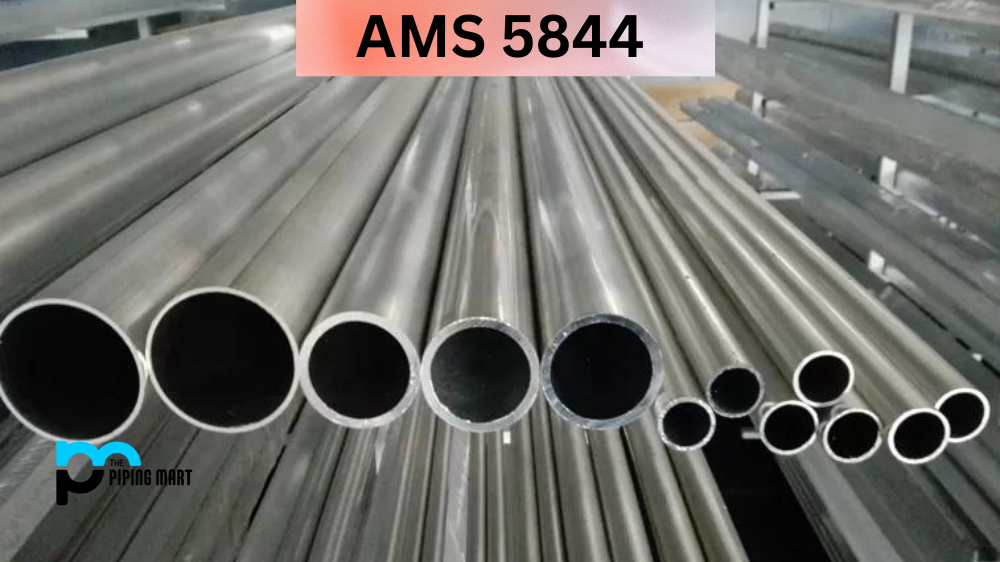When choosing materials for construction projects, endless options are available, each with different properties and applications. One of the most popular materials used in various industries is carbon steel, and C40 is a type of carbon steel widely known for its high durability and toughness. This blog post will delve into the basics of C40 carbon steel, including its composition, physical and mechanical properties, uses, hardness, and heat treatment techniques.
C40 Steel Composition
C40 carbon steel is a medium carbon steel with a chemical composition that includes iron, carbon, silicon, manganese, and other elements. The exact design may vary based on the manufacturing process and the specific application of the metal. However, C40 carbon steel generally contains about 0.40% carbon by weight and traces of other metallic elements.
| Carbon | Silicon | Manganese | Phosphorous | Sulphur | Molybdenum | Nickel | Chromium | Copper | Others |
|---|---|---|---|---|---|---|---|---|---|
| 0.37-0.44 | max 0.40 | 0.50-0.80 | 0.045 | 0.045 | max 0.10 | max 0.40 | max 0.40 | – | – |
C40 Steel Physical Properties
C40 carbon steel has a relatively high density compared to other materials, with a specific gravity ranging from 7.85 to 7.87. The material also has a low thermal conductivity, meaning it does not conduct heat efficiently. C40 carbon steel has a melting point of 1420-1460°C and poor corrosion resistance, making it prone to rusting and other forms of degradation.
C40 Steel Mechanical Properties
C40 carbon steel has exceptional mechanical properties, making it ideal for various applications. It has a tensile strength of about 620 – 800 MPa, with a yield strength of up to 460 MPa. The material also has a high hardness level, with a Rockwell hardness of 60-64, which indicates excellent wear resistance. Young’s modulus and elongation levels of C40 carbon steel are also relatively high, making it a perfect choice for heavy-duty applications.
| Yield Strength | Tensile Strength | Elongation A5 min | |||
|---|---|---|---|---|---|
| MPa min | ksi min | MPa min | MPa min | ksi min | Percentage |
| 580 | – | – | 16 | ||
C40 Steel Equivalents
| DIN | EN | BS | NFA | ASTM | ASME |
|---|---|---|---|---|---|
| DIN 17200 Grade C40 | EN 10083-2 Grade C40 | NFA A35-552 Grade XC 42 H 1 | ASTM A519 Grade 1040 | ASME SA 519 Grade 1040 | – |
C40 Steel Uses
C40 carbon steel is commonly used to manufacture various industrial components such as gears, shafts, axles, bolts, studs, and couplings. It is also used in construction projects for structural and support purposes and in the automotive industry for crankshafts and steering components. Due to its high strength and durability, C40 carbon steel is also used in the aerospace and defence industries.
C40 Steel Hardness
The hardness of C40 carbon steel is impressive, with a Rockwell hardness of 60-64. This makes it an ideal material for heavy-duty applications requiring exceptional wear resistance, such as machine components that experience high friction levels. Moreover, C40 carbon steel hardness can be improved using various heat treatment techniques.
C40 Steel Heat Treatment
Heat treatment is a common technique used to improve the mechanical properties of C40 carbon steel. By heating the metal to a specific temperature and then cooling it down in a controlled manner, engineers can enhance the material’s strength, durability, and wear resistance. Standard heat treatment techniques for C40 carbon steel include annealing, tempering, and hardening.
Conclusion
C40 carbon steel is a popular material used in various applications across multiple industries. It has excellent mechanical properties, including high strength, hardness, and wear resistance, making it ideal for heavy-duty applications. Understanding the composition, physical and mechanical properties, hardness, and heat treatment techniques of C40 carbon steel can help engineers make informed decisions when choosing suitable materials for their projects.
Sakshee is a talented blogger, with a particular focus on the Business and Metal Industry. She is passionate about sharing her insights on various metal products and helping professionals to make a better decisions.




